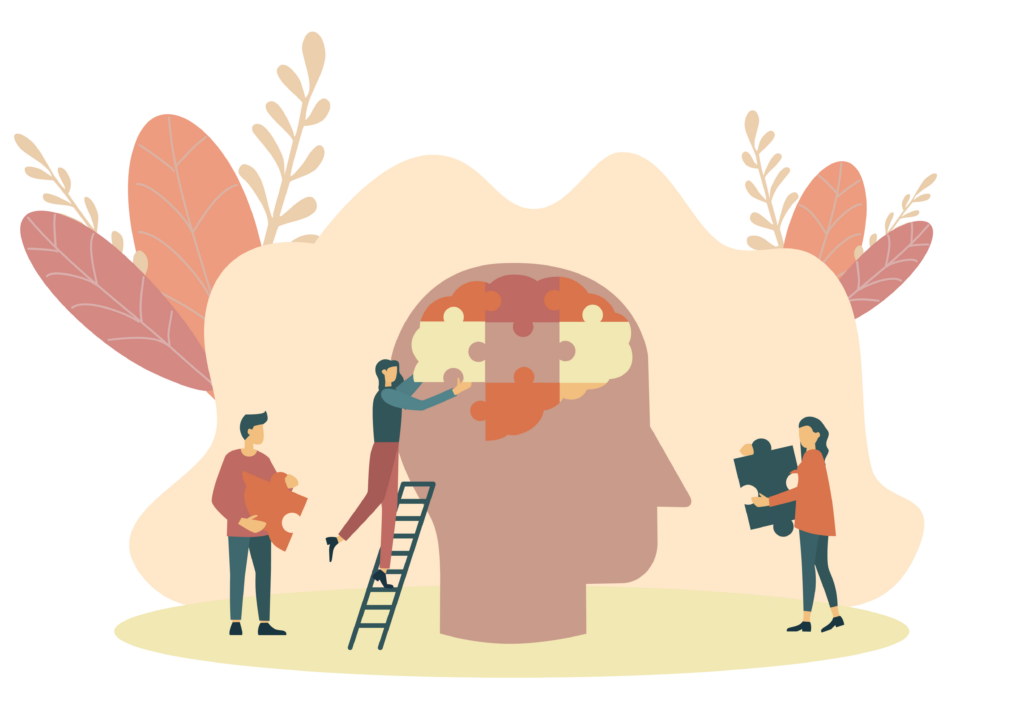
Photo courtesy of Shutterstock
Mental illness has been by far the biggest challenge in my life. The stigma surrounding mental illness is widespread and does not make the battle any easier. While stigmas exist heavily in society, it’s even greater within our culture. The truth about being Indo-Caribbean and mentally ill is complex and, in many ways, still something I am trying to understand.
We come from a culture that hides secrets and shuns what is misunderstood. Mental health is widely misunderstood. Instead of taking time to understand the complexities of mental health, many people brush it under the rug and label it “mad” out of fear and ignorance.
[Read Related: Confessions of a Bipolar Indo-Caribbean Woman]
I have lived with a mental illness for 15 years now (I was diagnosed with bipolar disorder) and have taken the time to learn its place within my identity. Being Indo-Caribbean, I have tried to have a better understanding of my illness and its existence within my culture. What I’ve come to realize is that this dual identity that I embrace is the same one that at times hurts me. We need the Indo-Caribbean community to accept mental illness.
View this post on Instagram
To better understand how we can help the Indo-Caribbean community evolve and become aware of helping those with mental health conditions, we must first address areas that often cause the biggest setbacks to progress.
1. Suffering in silence
Those suffering from a mental illness are often overlooked, with their symptoms excused for a myriad of other reasons. Meanwhile, those who are mentally ill are left to suffer in silence. Symptoms of mental illness often go untreated. In other cases, patients are discouraged from seeking help or seeing a psychiatrist. Therapy is not encouraged, and as a result, the person continues feeling alone.
2. Mental health is not as important as physical health
Diabetes, heart conditions and cancer all take precedence over mental health. Symptoms of mental illness are excused as being dramatic or hormonal. Physical illnesses, on the other hand, are treated with special care. Psychiatric care is frowned upon and often discouraged.
3. Alternative answers to mental health issues instead of therapy and medicine
Most often, mental health goes untreated by professionals. Families encourage those suffering to seek the counsel of religious leaders. These pundits, imams or pastors often recommend different forms of religious treatment to rid the mental issues. Mental health issues are seen as spiritual affliction. Religious consultation should be in addition to, not in replacement of, mental health counselors.
4. Feeling misunderstood
Even after explaining symptoms and trying to seek out help, it is hard for everyone to understand mental health. Unless you are dealing with it yourself and suffering from these symptoms, relating to someone with mental health issues is a challenge. As much as we might try to explain and understand, it’s simply incomprehensible. This leaves one feeling alone and misunderstood in a scary world full of ups and downs.
Even with the stigma that exists within our community, we have come a long way. There are still many ways we as a community can improve and grow. May is Mental Health Awareness Month. It’s the perfect time to ignite the conversation surrounding mental illness. Let’s work together to create these conversations and eradicate the stigma surrounding mental health.




